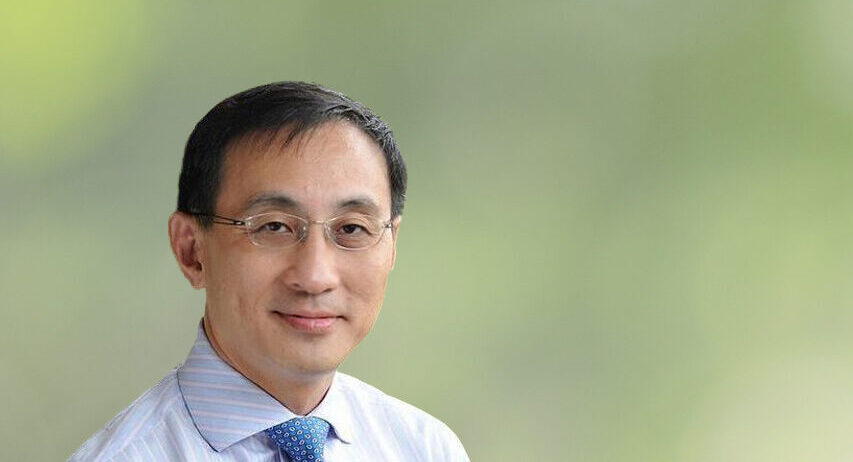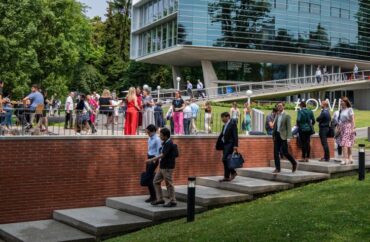
With a wealth of leadership experiences spanning across military, public service and corporate sectors, Desmond Kuek, who is currently the Chief Executive Officer of SMRT Corporation, shared his thoughts on what it is to be a leader in each organization, the responsibilities and challenges it entails and the characteristics of great leadership.
Speaking at IMD’s Orchestrating Winning Performance (OWP) program in Singapore, Kuek revealed three key insights on what leadership is: Managing change, Building trust and Overcoming adversity.
Managing change
Regardless of the sector, there are a lot of challenges that one encounters as a leader. Managing change, especially in a fast-paced world, is essential. Kuek said that when he first took over the Singapore Armed Forces (SAF) in 2003 as Chief of Army he found himself in taxing times. It was the start of a recession in Singapore, global terrorism was on the rise and Severe Acute Respiratory Syndrome (SARS) was causing a serious crisis of confidence.
Against such a backdrop, he had to manage the aspirations and needs of the millennial generation, which makes up the army, in order to empower the SAF with a clear action plan. By allowing millennials to feel empowered to help bring about change, he was able to establish a much higher level of leadership within the SAF.
Managing change was also essential when Kuek took on the role of Permanent Secretary at the Ministry of Environment and Water Resources. A new way of governance had to be thought out to ensure that the country’s social needs were met and, at the same time, that Singapore kept up with economic growth. Kuek saw this challenge as an opportunity. He developed a plan to put Singapore’s water challenges into good use, shaping the city into a Venice of the East. His legacy lives on as he implemented projects to convert drains and canals into beautiful infrastructures. These facilities helped change the landscape of Singapore, enhancing liveability, inclusiveness and sustainability.
Building trust
Building trust across stakeholders is vital to every organization. When Kuek took over SMRT, Singapore’s massive transit operator, as CEO, there was a lack of public confidence in its system due to frequent train disruptions and accidents.
Kuek shared that the key to rectifying the situation wasn’t in changing public opinion or operations, it was in looking to employees. He said people are the most important stakeholders in any organization and when they feel motivated and driven, results fall in place.
He turned the organization around by building culture of trust in the workplace. Though he said it is easier said than done, building an environment for open communication is the first step to culture change. A more relational mode of governance was also a key for Kuek in building trust.
Overcoming adversity
As leaders, being able to overcome adversity is a necessity. Kuek shared practical tips on how to communicate effectively in the face of a crisis. The first key is showing leadership presence and doing it at the right time. Secondly, proactive efforts to be open and transparent to all stakeholders on issues and challenges go a long way in finding productive solutions. Lastly, he said showing humility and being willing to improve and accept feedback are important.
When asked if leaders should tender their resignation in the face of a crisis, Kuek responded by saying that resigning is not the right solution. It does not add value to a company and it also means that one is leaving their company in the lurch. In resigning, a leader leaves a leadership void and the morale of his/her team will be shattered. It is important for leaders to work through any crisis and lead the organization out of it.
Kuek concluded by saying that from all his experience, the most important thing about leadership is making a meaningful difference in the lives of others.
Desmond Kuek Bak Chye is the President and Group Chief Executive Officer of SMRT Corporation
IMD’s Orchestrating Winning Performance (OWP) program runs every November in Singapore.
